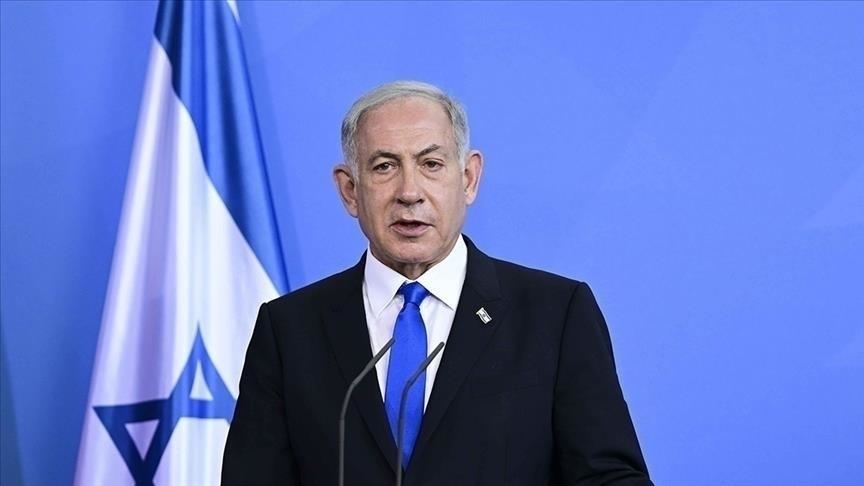Privatizing Iraqi Oil
Should the international sanctions be lifted, Iraq will need to revitalize its oil industry in order to raise the needed money for reconstruction. In the meantime, OPEC countries may not wish to have additional restrictions on their production so as to allow Iraq to revive its oil industry. Such a situation would obviously weaken OPEC’s ability to influence the world markets and could lead to a new era of lower prices.
Lower oil prices could prove to be a decisive factor in the development of oil industries in oil-rich countries, especially in the Gulf. The 1970s events introduced deep-seated changes in the geography of world oil resources, illustrated by the exploitation of new oil production zones, where the costs of exploration and production are very high. If we exclude the former Soviet Union zone, the rise in production outside OPEC rose from 16 million barrels a day in 1974 to 31.7 million in 2002. During the same period, OPEC production dropped from 31.4 million to 25.2 million barrels a day.
Thus, it is clear that higher OPEC prices and state ownership of the oil industry among its members will provide an incentive for the exploitation of oil industries in other countries, while the production of the traditional Middle Eastern countries will drop.
But lower prices alone are not enough to create such an important change in the geography of oil production. They have to be accompanied by changes in the structure of the oil industry in the Middle East, which would aim at privatizing part of this industry. Should this take place, the Middle East would regain its role of the focal point of the world oil industry, while investments in high-cost areas will decrease or come to a full stop.
Moreover, such change may cause trouble to oil production outside OPEC, especially in the U.S. Such a situation may lead to increased political involvement in order to reduce dependence on Middle Eastern oil. Yet we must consider the fact that it is likely to take Iraq may years before it reaches a production capacity of eight million barrels a day, during which changes may take place that include the spread of democracy in this part of the world, which will make it a more secure source.
Still, the increase in the Iraqi oil production may have a significant influence on securing world oil needs. This factor emerged following 9/11, when the U.S. began to contemplate an alternative to Gulf oil.
What makes Iraqi oil more appealing to the West is that it can be exported through a pipeline that takes it directly to the Mediterranean, thus avoiding the Hirmuz straights. However, there are no substitutes to an ambitious program to expand the Iraqi oil industry. In order to fulfill that goal, private companies must be tempted to invest in such program. The most vital step in that direction, apart from ensuring security and the rule of law, is partial privatization of the Iraqi oil industry, by creating an alternative national industry with an international dimension.
The Iraqi oil industry was nationalized in 1972. In the early 1990s, the government of Saddam Hussein reached an agreement with a number of French companies to develop the Iraqi oil industry under a 20-year partnership agreement. Yet the accord was never fulfilled because of Iraq’s war. Moreover, the agreements did not give the foreign partners a share of the country’s oil. They gave them the right to cover their expenses from the oil in addition to a small percentage as a return on the investment.
Maintaining such terms will not help in creating the needed growth. The industry currently needs between five and six billion dollars in investments and no less than two years. Such a huge program is no doubt a serious financial burden on the Iraqi government, while partnership agreements with foreigners only demand investment in the specific field to reach the needed production level.
Such factors indicate that there is an urgent need for a fundamental reform to privatize the Iraqi oil industry, where between 25-40 percent can be solved to the private sector by selling shares on international markets, while the Iraqi government and Iraqi citizens can maintain majority control of the industry.
Two additional benefits could be derived from such a measure: the first is a better administration with increased revenues to the government from taxes. The second is that such huge oil revenues will provide the much needed funds for the development of Iraq.
Mr. Chalabi is the head of the Global Energy Institute in London.



